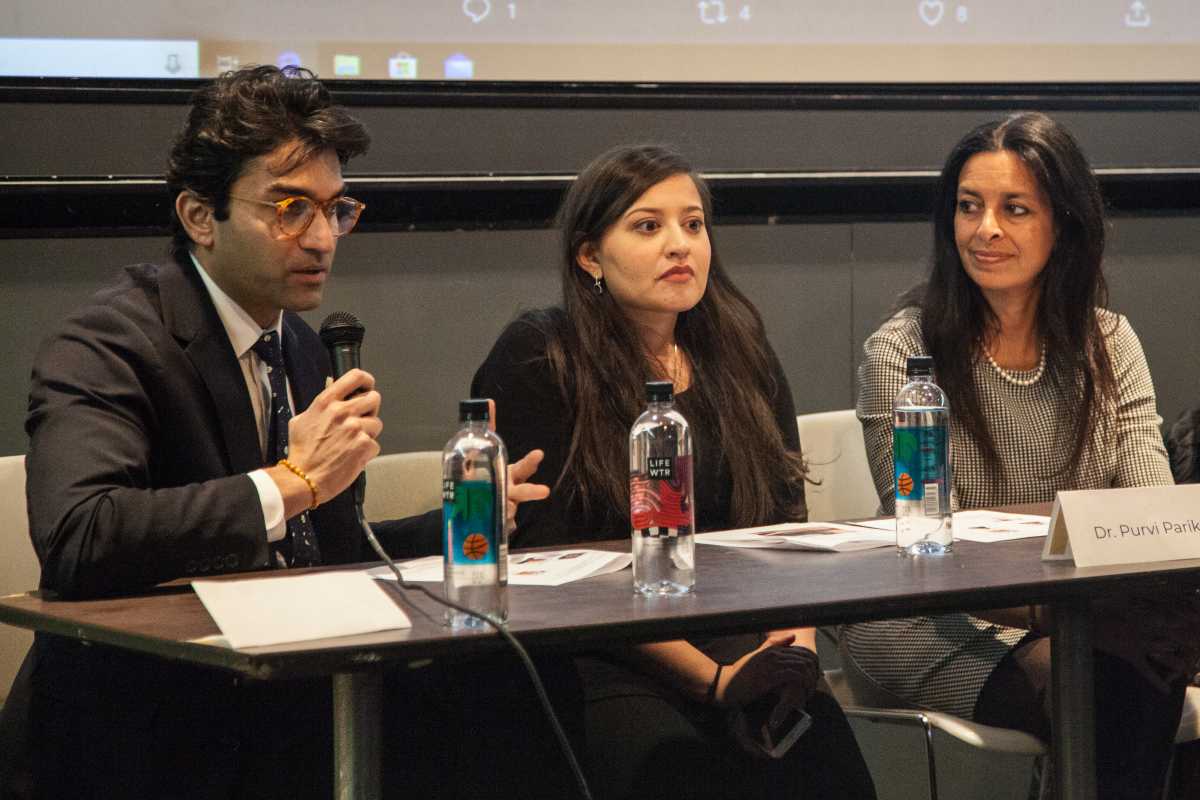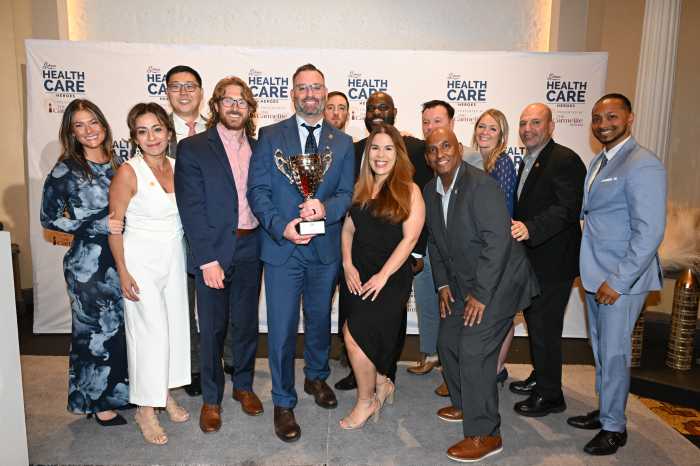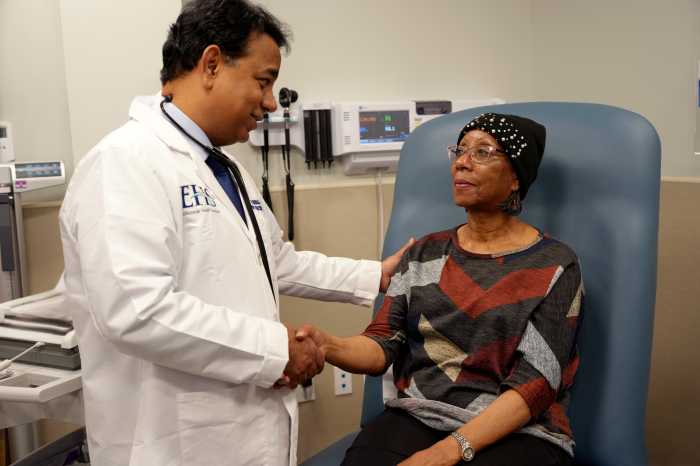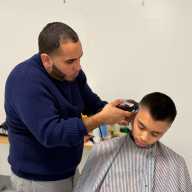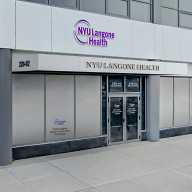As the number of people diagnosed with coronavirus in New York City increases, Suraj Patel, an NYU Stern Professor campaigning for Rep. Carolyn Maloney’s congressional seat, hosted a Public Health Briefing on the coronavirus at Hunter College on Wednesday.
The forum between four female doctors focused on the proper response to the coronavirus and debunked several misconceptions about it. The doctors assured students and members of the public that they were at low-risk of contracting the disease, and reiterated that the Center for Disease Control’s guidance on healthy habits were the best way to avoid the virus.
“I’m going to say what everyone has already told you, especially your mother: wash your hands. Wash them while you sing happy birthday twice. Hand hygiene is the best precaution you can take,” Dr. Dahlia Rizk.
The CDC’s recommendations are the basics of avoiding the flu or common cold. Avoid touching your eyes, nose, and mouth; stay home when you are sick; and cover your cough or sneeze with a tissue, then throw the tissue in the trash.
It does not recommend that people who are well wear a face mask to protect themselves from respiratory diseases. In fact, the doctors all agreed that given the recent scarcity of face masks it’s better for people not to stock up on them in order to assure that medical professional have access to them.
“You shouldn’t be overly freaked out about what you’re seeing in the media,” Rizk said. “The concerns are that people don’t know enough about the virus, how it’s spread and how quickly it’s spread across the world is what concerns people.”
Dr. Amelia K. Boehme, an assistant professor of epidemiology at Columbia, stressed that fatality rates of coronavirus remain murky. To calculate a fatality rate, researchers take the number of people who have died from the illness and divide by the number of people who are ill, but the medical community does not have comprehensive numbers on the people who are ill.
“The moderate cases are much more difficult to identify,” said Boehme, adding that the numbers coming out from South Korea, where they have been more successful at identifying those affected, put the case fatality at less than 1 percent.
“I definitely wouldn’t call it a pandemic yet,” said Dr. Purvi Parikh, an infectious disease specialist with NYU Langone health.
The doctors broke down the availability test kits, whose lack of accessibility in many parts of the U.S. is alleged to have caused a lag in diagnosis of the virus. They said that is changing fast with the FDA quickly approving tests other than the ones the CDC is currently using, but the guidelines for getting tested are still strict.
To qualify testing, which only takes place in a lab, one has to have a fever, cough, shortness of breath, rash, have been in contact with someone who tested positive for the virus or recently travelled from an area of the world with a high level of cases.
The bottom line of the forum was to encourage the public to keep informed about the disease but ultimately to dissuade them from making radical changes to day-to-day life.
“If you don’t feel sick, live your life, take care of yourself and maintain healthy habits,” said Patel.
Patel positioned the forum as an example of how he would put the spotlight on healthcare and science as a member of congress.
“This is just an example of how we realized that no one is out there making sure people are educated in an objective way and giving them access to experts,” said Patel about why he
After the forum, he said that his platform involves forming a cabinet of leading scientists and healthcare professionals, not just pandemics and health but climate science too.
“We need to innovate our way out of a lot of problems,” said Patel.

